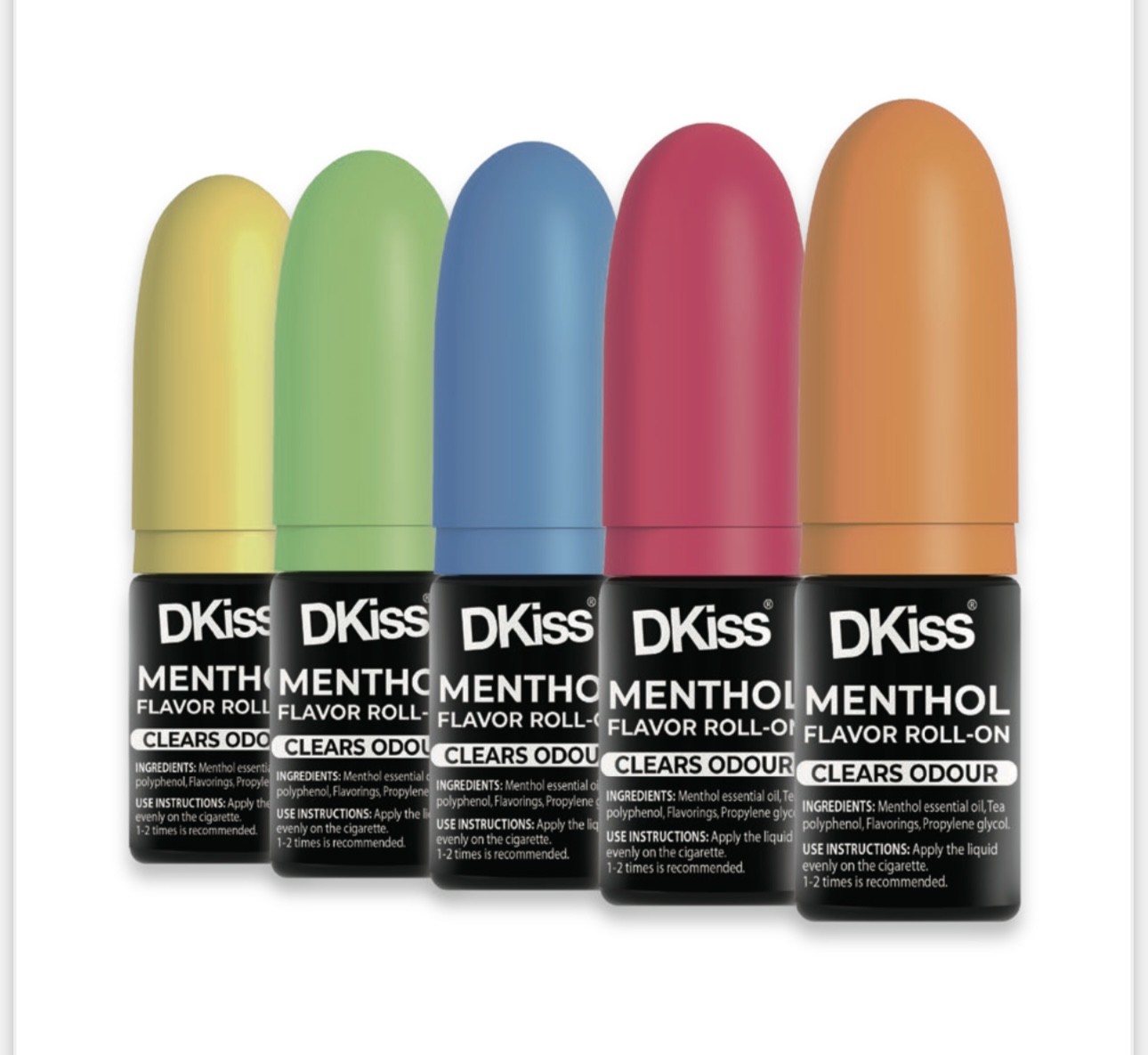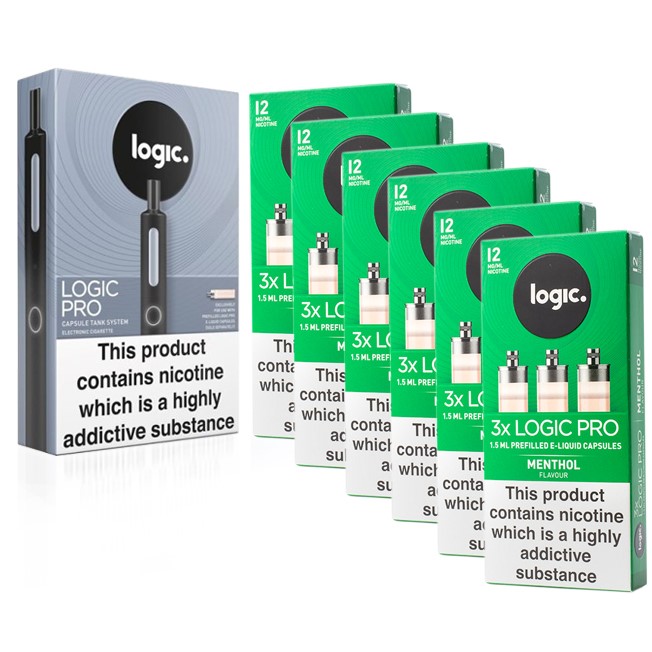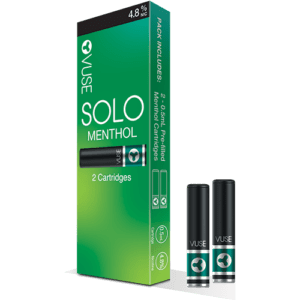
Menthol cigarettes and menthol-flavored heated tobacco sticks are strictly banned in multiple countries, including Canada, Ethiopia, the European Union, Moldova, Turkey, the United Kingdom, and specific regions of the United States like California, the District of Columbia, and Massachusetts.
In an effort to satisfy menthol consumers, Dekang Biotech Co. Ltd., an established player in the vaping industry, developed the DKiss menthol flavor roll-on. According to the company, the innovative product is set to transform the smoking experience in several ways.
“It is the easiest way to flavor cigarettes. The DKiss Menthol Flavor Roll-On is distinguished by its innovative roll-on design, ensuring a clean and convenient application process while allowing users to adjust the intensity based on their preferences,” a Dekang representative said.
The DKiss menthol flavor roll-on can be used with both traditional cigarettes and heated tobacco sticks for heat-not-burn nicotine delivery systems. It caters to a diverse audience by providing a wide variety of flavor options, including flavors specifically designed for individuals sensitive to cigarette odors.
DKiss menthol roll-on allows smokers to flavor their own cigarettes. In addition to menthol, the Dkiss line offers several other mixed flavors derived from plant extracts, such as loquat and ginseng, blended with menthol. This helps remove the bad breath caused by smoking. It brings the most satisfying fragrance to add a new dimension to your inhalation experience, according to Dekang.
“This product effectively eradicates cigarette odors and bad breath caused by smoking, serving as a discreet solution for smokers,” the representative said. “Mint enthusiasts will appreciate the refreshing mint flavor variant, which cleverly balances the taste of the cigarette and the unpleasant smell it creates, making it an ideal choice for menthol cigarette lovers.”
Dekang will showcase its DKiss menthol roll-on brand and its other innovative product lines during the Intertabac industry trade show (booths 5.D14 and 1B.A28), which will be held in Dortmund, Germany, from Sept. 19 – 21, 2024.















 The U.S. Food and Drug Administration issued
The U.S. Food and Drug Administration issued 